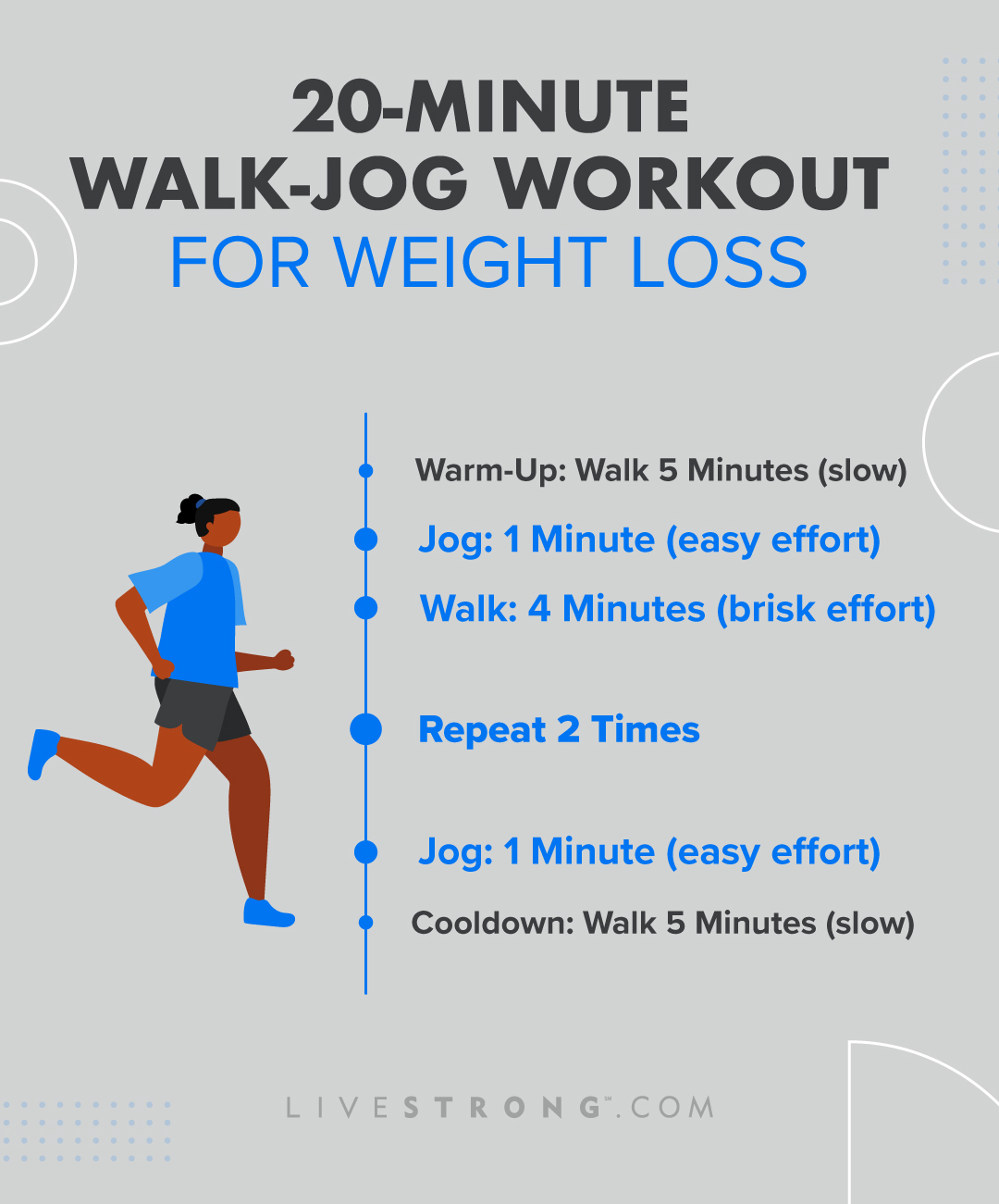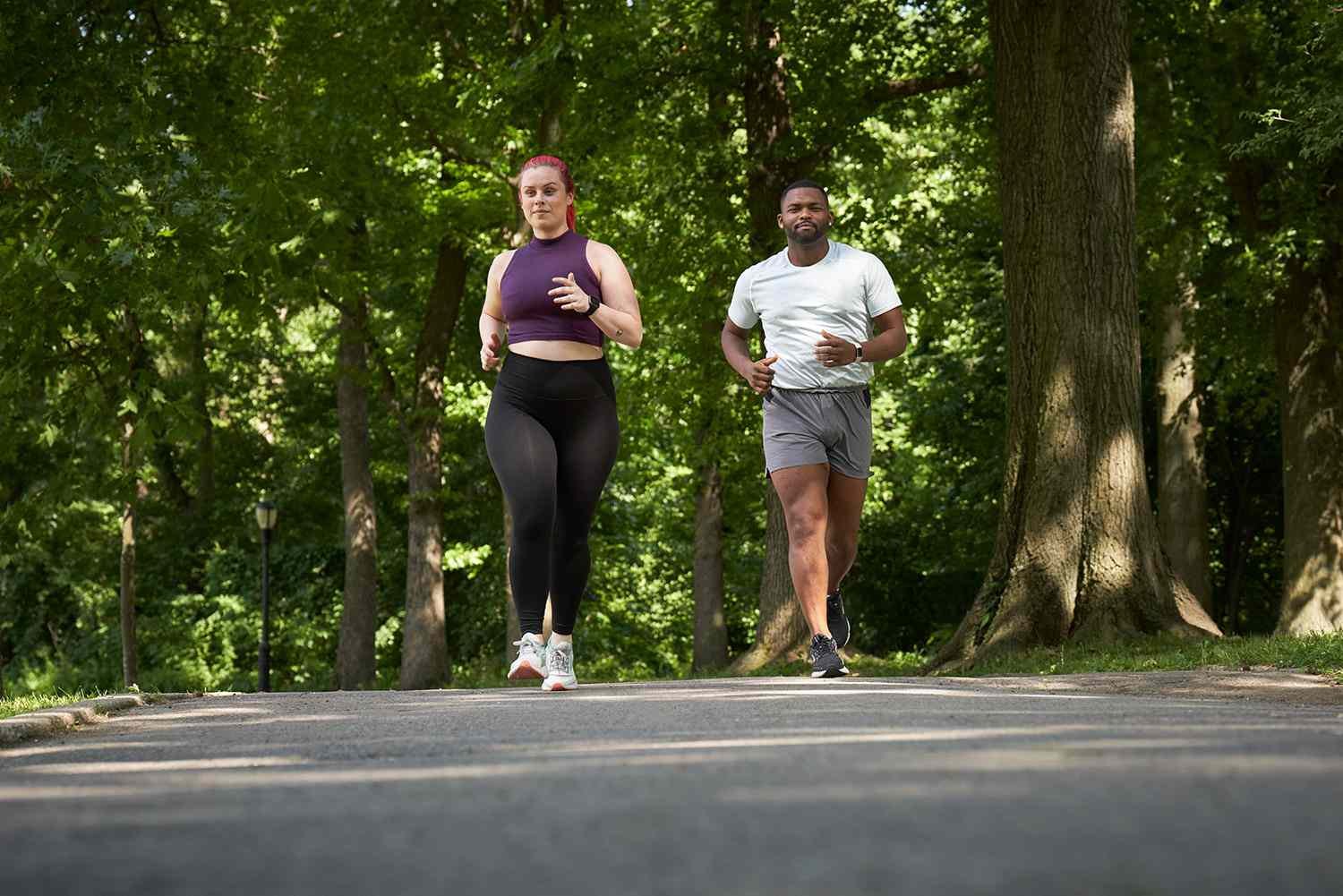Deciding between running and walking for weight loss can be tricky. Both have benefits but vary in intensity and impact.
Weight loss goals often lead to the question: Is running or walking better? Running burns more calories in less time, while walking is gentler on the joints. Understanding the differences can help you choose the right activity for your needs.
Whether you prefer high-energy workouts or something more relaxed, this guide will explore the pros and cons of both running and walking. By the end, you’ll have a clearer idea of which exercise fits your lifestyle and weight loss goals. Let’s delve into the details and find out which is better for you.
Running Vs Walking
Running burns more calories than walking. A person weighing 150 pounds will burn about 100 calories per mile walking. The same person will burn about 150 calories per mile running. Running makes the heart work harder, which uses more energy. Burning more calories helps with weight loss faster.
Running is more intense than walking. It raises the heart rate quickly. Walking is less intense but still good for health. Running can be harder on the joints. Walking is easier and less likely to cause injury. Both exercises are good for weight loss. Choose what feels best for your body.

Credit: www.bjc.org
Health Benefits
Running and walking both improve heart health. Running boosts the heart rate quickly. This helps in burning more calories. Walking is easier on the joints. It is great for those starting out. Both activities help reduce blood pressure. They lower the risk of heart disease. Regular exercise is important for a healthy heart.
Running builds stronger muscles. It focuses on the legs and core. Walking also strengthens muscles but at a slower pace. It is gentle on the body. It is good for muscle endurance. Both help in toning muscles. Consistent activity leads to better muscle health.
Impact On Joints
Running puts a lot of stress on your joints. Your knees and ankles absorb a lot of force. This can lead to injuries over time. Many runners experience knee pain. Running on hard surfaces can make it worse. Always wear proper shoes to reduce impact.
Walking is gentler on your joints. It is a safer option for many people. Walking on a regular basis can improve your joint health. Fewer injuries occur from walking. It is a good choice for beginners. Always maintain a good posture while walking.
Weight Loss Efficiency
Running boosts the metabolic rate more than walking. Running speeds up the body’s metabolism. This means more calories are burned. Walking raises the metabolic rate too. But not as much as running does. Running helps in burning calories faster.
Running is more effective for fat loss. Running burns more fat than walking. Walking helps lose fat too. But at a slower pace. Running requires more energy. This leads to higher fat loss. Walking is easier on the body. Good for beginners. Both are great for weight loss.
Expert Opinions
Experts discuss whether running or walking is better for weight loss. Running burns more calories quickly, while walking is easier on joints and can be sustained longer. Both have benefits depending on individual fitness levels and goals.
Fitness Trainers
Fitness trainers often say running burns more calories. Running makes the heart beat faster. This helps to lose weight quicker. Walking is also good. It is easier on the joints. Walking can be done for a longer time. Both are good for weight loss. Choose what fits best.
Nutritionists
Nutritionists agree both running and walking help. Running may burn more calories. Walking is easier to keep up. Both need a good diet. Eating right is key. A balanced diet helps both runners and walkers. Choose healthy foods. Stay active and eat well.
Personal Preferences
Running can be tough on the body. It can cause joint pain. Walking is gentler. It is easier on knees and ankles. Some people enjoy the intensity of running. Others prefer the ease of walking. Both can help with weight loss.
Busy people might find running more efficient. It burns more calories in less time. Walking fits well into daily routines. You can walk while doing errands. You can walk with friends and family. Choose what you enjoy more. Consistency is key for weight loss.
Practical Tips
Run at a steady pace. Mix short sprints with a jog. It boosts your metabolism. Keep your posture straight. Use your arms to balance. Breathe deeply through your nose. Wear proper running shoes. It prevents injuries. Stay hydrated. Drink water before and after running.
Walk briskly for 30 minutes. Swing your arms to increase speed. Maintain a good posture. Look straight ahead. Wear comfortable shoes. Stay consistent with your routine. Track your steps. Use a pedometer. Walk in nature. It reduces stress. Invite a friend. It keeps you motivated.

Credit: www.facebook.com

Credit: www.livestrong.com
Frequently Asked Questions
Should I Walk Or Run To Lose Belly Fat?
Both walking and running help lose belly fat. Running burns more calories, while walking is easier on joints. Mix both for best results.
Should I Run Or Walk To Lose Weight?
Both running and walking can help you lose weight. Running burns more calories, but walking is easier on joints. Choose the one that fits your fitness level and lifestyle.
Is It Better To Run For 10 Minutes Or Walk For 30 Minutes?
Running for 10 minutes burns more calories and improves cardiovascular health. Walking for 30 minutes is gentler on joints and great for endurance.
What Burns More Fat Walking Or Running?
Running burns more fat than walking due to higher intensity and increased calorie expenditure. Walking is effective but less intense.
Conclusion
Choosing between running and walking depends on your personal goals. Both activities burn calories and improve health. Running burns more calories faster. Walking is gentle on joints. Consider your fitness level and preferences. Consistency matters most for weight loss. Pick an activity you enjoy.
This way, you’ll stick with it. Listen to your body. Stay active regularly. Both running and walking can help you lose weight. The best choice is the one you will do often. Remember, a balanced diet supports your fitness journey.
Stay motivated and keep moving!








